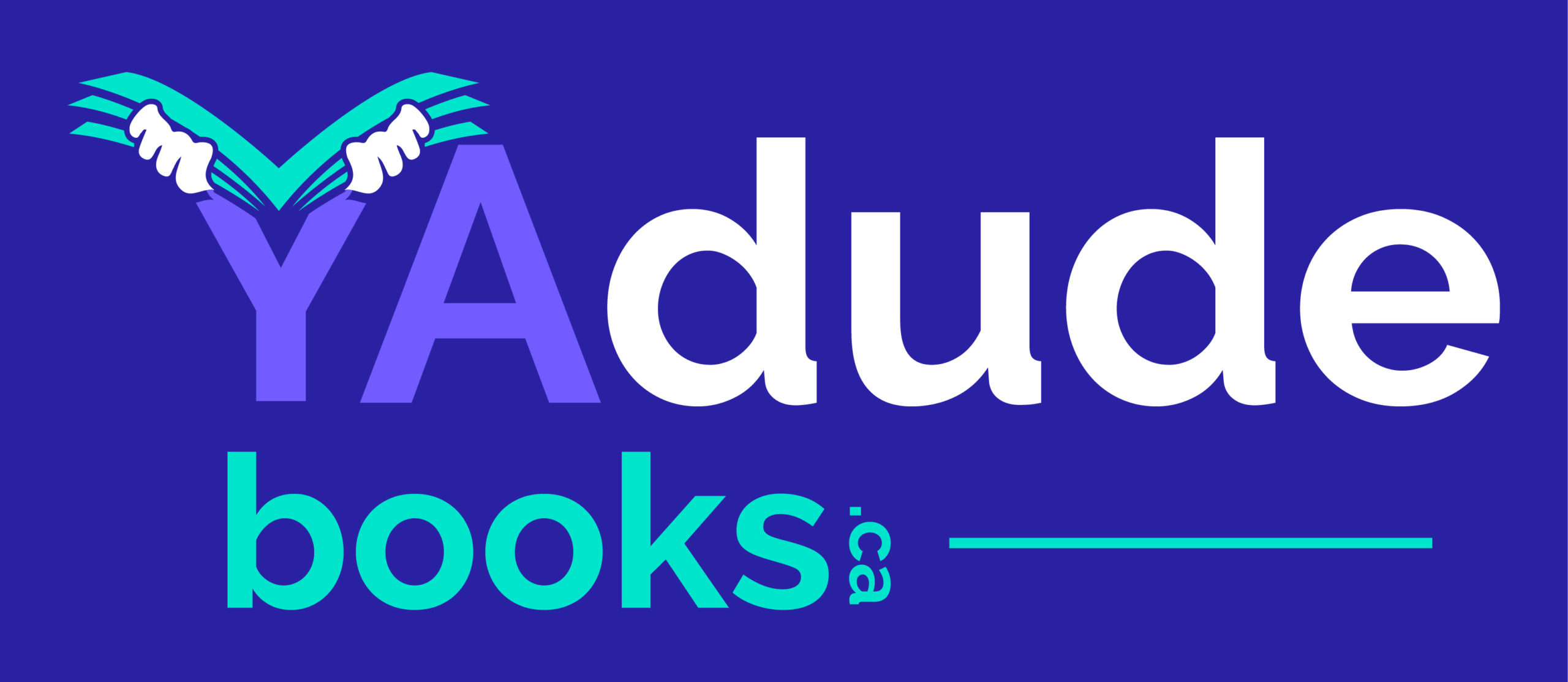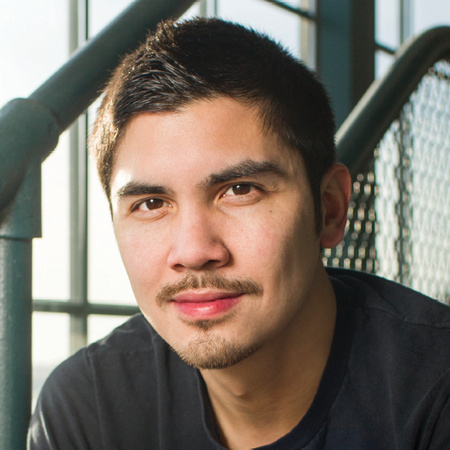Randy Ribay (“REE-bye”) was born in the Philippines and raised in the U.S. Midwest. He’s the author of An Infinite Number of Parallel Universes, After the Shot Drops and the more recent Patron Saints of Nothing, a powerful coming-of-age story about grief, guilt and the risks a Filipino-American teenager takes to uncover the truth about his cousin’s murder. It was selected as a 2019 Freeman Book Award winner and as a finalist for the National Book Award, LA Times Book Prize, Edgar Award for YA, International Thriller Writers YA Award, Amelia Walden Award, CILIP Carnegie Medal and 17 state awards.
Randy earned his BA in English Literature from the University of Colorado at Boulder and his Master’s Degree in Language and Literacy from Harvard Graduate School of Education. He lives in the San Francisco Bay Area with his wife, toddler and two dogs, and he teaches high school English. In his free time, Randy enjoys reading, hiking, watching way too much TV and playing not enough video games. You can catch his upcoming YA sci-fi novella, Project Kawayan, on Audible starting June 2022.
He can be found at randyribay.com and on Twitter and Instagram @randyribay.
Q: Tell us about growing up as a Filipino in the U.S. Midwest. And were you a basketball star?
A: There wasn’t a big Filipino community where I lived, so I experienced microaggressions (e.g. “What are you?”), the lack of racial representation in the media I consumed and in the books we read in school, and the general feeling of being from a place an overwhelming majority of my classmates and teachers didn’t know much about. As a result of this, I think I developed an affinity for those considered by dominant culture to be “the other,” which has led me to center those stories in my writing. (And I played a lot of basketball, but I definitely wasn’t a star. Solid second-stringer. Exceptional third-stringer.)
Q: You clearly like contemporary, realistic fiction with edginess thrown in. Tell us what it is about that genre that attracts you – and your readers.
A: I had an English professor in college, the late Dr. Vincent Woodard, who turned me on to James Baldwin, Sandra Cisneros, Jean Toomer, Tomás Rivera and many others. He also encouraged me to seek out Filipino and Filipino American authors on my own. These writers showed me the way stories can be beautiful and entertaining, while also helping us better understand ourselves and our world. I found myself drawn to these kinds of stories which dig deeply into the complexity of individuals in such a way that also lays bare the context of their lives as a result of deeply racist/sexist/classist/etc. systems. With that said, I read a lot and often enjoy stories from across all genres. I just finished the nine-book sci-fi series by James S.A. Corey that the TV show The Expanse was based on!
Q: Your books all have male protagonists (An Infinite Number of Parallel Universes with female co-leads as well). Is that a conscious decision, or just how the characters show up on your doorstep?
A: I tend to write about whatever is occupying space in my brain, and I think a lot about the dynamics of male friendship. These last few years, I find myself consistently returning to the idea of how patriarchal ideology impacts those friendships in negative ways during our teenage years, and how we might heal from that.
Q: What are your thoughts on whether there’s a lack of YA books that appeal to males, and a lack of male role models in the education system (and in publishing)?
A: A vast majority of authors in the YA space (and those working in publishing) identify as female, so there do tend to be more books with female protagonists. However, I think I remember reading that male authors or books with male protagonists historically tend to be overrepresented when it comes to awards and commercial success. I also believe that men are overrepresented when it comes to executives in publishing. Maybe that’s related. And maybe it’s all related to our society’s biased expectations related to gender.
Q: Comments on a lack of LGBTQ+ books and role models for today’s youth?
A: There are more LGBTQ+ YA books than ever before, but here in the US there’s also been a lot of pushback against that progress in the form of book bans or book removals in libraries and schools orchestrated by right-wing groups portraying themselves as grassroots movements—which makes me furious. As for role models, I don’t think it’s accurate to say there is (or ever has been) a lack of LGBTQ+ role models. The issue is moreso how they get overlooked, whitewashed, downplayed, excluded or erased by those in power.
Q: Does being a high school teacher ever conflict with being a high-profile author?
A: The biggest conflict for me is time. I don’t have enough time to write as much as I want, or to attend as many events as I’d like to, and I don’t have as much time to be as good a teacher as I want to be. However, I think both things deeply inform one another. Being a teacher helps me understand teenagers more deeply. Being a writer helps me understand how to be a better teacher.

